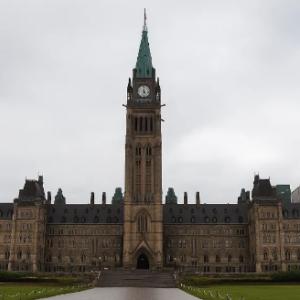In Canada’s Private Healthcare Debate, Language Matters.
I’ve been following recent discourse on the Canadian healthcare system and the ongoing debate around private care. A recurring issue I’ve noticed in these discussions is the conflation of 'user fees' with 'private care.' The distinction between these two concepts is an important one that I want to clarify for those engaging in this conversation or seeking to understand it better.
"User fees" means adding charges in front of publicly funded services, such as healthcare, that are already covered by the government. Introducing user fees to access these covered services would undermine universal access to Canada’s public healthcare system, potentially leading to a situation where all healthcare services come with a paywall, despite already being funded through taxes.
User fees typically take the form of copayments collected at the point of service, as seen in many European healthcare systems. For example, in Sweden’s public universal healthcare system, a primary care visit usually requires a copayment of US$16 to 33. This can discourage patients from seeking care.
I firmly believe this approach — user fees — should be opposed.
"Private care," on the other hand, refers to when Canadians, for a given health service, choose to fully opt out of government-covered options and instead pay 100% of the cost of a non-government-funded alternative. This is how options like employer-funded virtual care have come to be, which millions of Canadians rely on when they can’t find support in our overburdened public health system.
While most Canadians oppose user fees for public healthcare, they do not oppose private healthcare. In fact, an Ipsos poll for Global News found that 63% of Canadians are in favour of private health care for those who can afford it. Data from the Canadian Medical Association (CMA) shows that the majority of physicians (56%) and Canadians (53%) believe Canadians should have the right to access private healthcare when the public system fails to provide timely care. However, the CMA has issued draft policy recommendations that, in an apparent bid to address criticism of "user fees," call for a crackdown on jurisdictions that allow the charging of fees for access to healthcare, even when that care is fully privately funded — i.e. it has nothing to do with user fees.
Language is important. It is concerning that this ongoing discussion has conflated user fees with private care, misusing widespread opposition to user fees to brush aside Canadians' clear support for allowing private care. This misrepresentation could threaten healthcare access for millions of Canadians who rely on employer-funded care.
If you want to learn more, please read and sign my petition calling on the CMA to reverse its stance.
Brett Belchetz is the co-founder and CEO of Maple. He is a practising physician in Toronto and a member of the Canadian Medical Association.









